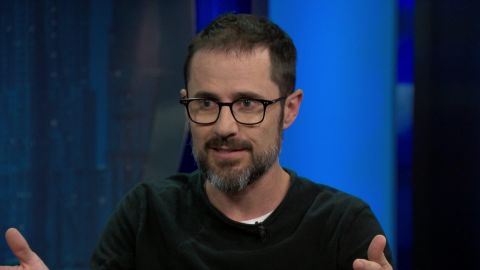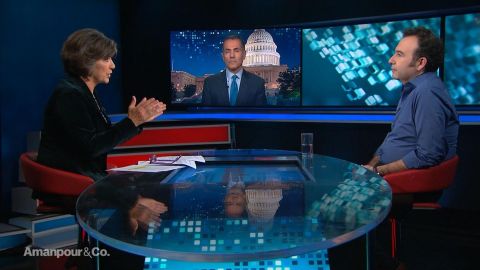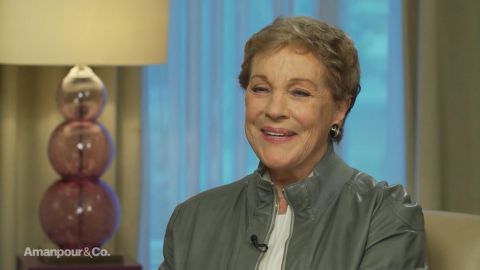Read Transcript EXPAND
CHRISTIANE AMANPOUR: You are engaging with people on your Twitter and “Karl reMarks” blog. What are they saying and how are they engaging with you about what exactly is causing these protests, whether in Lebanon or Iraq?
KARL SHARRO, SATIRIST: Well, I think — you know, I come from a generation that we had our own protests in the past, but nothing on this scale. And if you had asked me, you know, years ago, would you have expected something like this to happen in Iraq today, I would have said, definitely no. What I observe and what I hear from (INAUDIBLE) is the levels spontaneous anger. This is not the traditional parties. This is not the traditional movements, both in Lebanon and Iraq. The situation has got to an extension, almost level of impasse, that the people find no other outlet except resorting to the street and at a much bloodier level in Iraq because of the repression, much higher casualty levels, you can see people are willing to go day after day. And we need to ask ourselves why. And I think a lot of people in the aftermath — as Vali rightly pointed out, in the aftermath of defeat of ISIS, they thought there was going to be a period of honeymoon. And obviously, that wasn’t the case.
AMANPOUR: So, the peace dividends that never came?
SHARRO: Exactly, exactly. And the chief reason for that in both contexts is the incompetence of the political elites. The lack of any economic vision. The levels of corruption, endemic corruption, as the squandering of the public person, public assets. And I think this is leaving people, you know, marginalized to the extent I have only two choices, do I immigrate or do I try to make my country a better place? And what we are seeing today a resounding yes to trying to make the country a better place. It’s not polished. It’s not formed. It will get there, I think, in time. But what we’re seeing is the first manifestation of anger that has been building up over the years.
AMANPOUR: See, I think that’s really interesting, the sort of silver lining you are saying. It’s actually the first manifestation of people wanting to own their countries and not wanting to flee. Now, in Lebanon, as we know, the prime minister resigned. And in Iraq, Vali, the prime minister has offered to resign but hasn’t done it yet. We’ve had a former prime minister whose come out and said that actually he should be listening to the people. We had the president of Iraq, Barham Salih, who is saying in so many words that the prime minister should be listening to the people and listening to the protesters. What do you make of the idea that — you know, this peace dividend, they hadn’t seen it yet, which you raised, but also that this might be almost kind of a hopeful turn, maybe an Arab Spring 2.0?
VALI NASR, PROFESSOR OF INTERNATIONAL AFFAIRS, JOHNS HOPKINS UNIVERSITY: Well, it is actually Arab Spring 2.0. I mean, the issues that Arab Spring 2.1 raised were never really resolved. And even in Iraq, there were street demonstration during the first Arab Spring and they didn’t get anywhere. I think the young population and the population as a whole are frustrated. They still want dignity. They want jobs. They want better government. They don’t want corruption.
About This Episode EXPAND
Vali Nasr and Karl Sharro join Christiane Amanpour to discuss protests in Lebanon and Iraq. Actor Julie Andrews reflects on her dazzling career. Twitter co-founder Ev Williams explains what went wrong with social media and how he’s trying to fix it.
LEARN MORE


